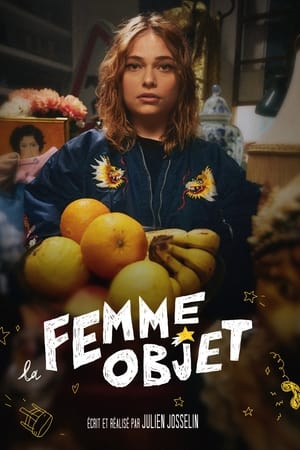

Afrocentricity(2000)
On the surface, this collection of shorts by up-and-coming African American filmmakers arrived at a perfect time. The cutting-edge products of the New Black Cinema of the early '90s had disappeared, giving way to embarrassingly stereotypical, scatological fare such as Booty Call and Next Friday. This feature-packed compilation (which includes production notes, interviews with all of the filmmakers, and audio commentary by four) attempts to prove that African American cinema is intent on moving past the lowbrow humor, as six of the seven shorts steer clear of any comedy.
Movie: Afrocentricity

Afrocentricity
HomePage
Overview
On the surface, this collection of shorts by up-and-coming African American filmmakers arrived at a perfect time. The cutting-edge products of the New Black Cinema of the early '90s had disappeared, giving way to embarrassingly stereotypical, scatological fare such as Booty Call and Next Friday. This feature-packed compilation (which includes production notes, interviews with all of the filmmakers, and audio commentary by four) attempts to prove that African American cinema is intent on moving past the lowbrow humor, as six of the seven shorts steer clear of any comedy.
Release Date
2000-08-01
Average
0
Rating:
0.0 startsTagline
Genres
Languages:
EnglishKeywords
Similar Movies
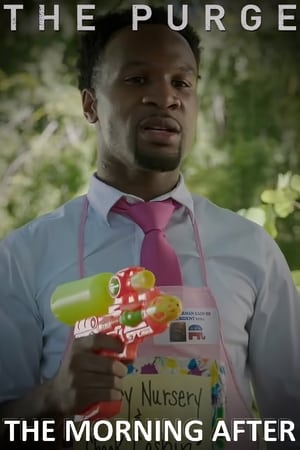 4.8
4.8The Purge: The Morning After(en)
In comedian Johnny Ray Gill's parody of the Universal horror flick, actor Daniel Rubiano has to face the music when he reports to work the next morning.
The Pirates(en)
Comic hijinks on a pirate ship with British comedian Lupino Lane.
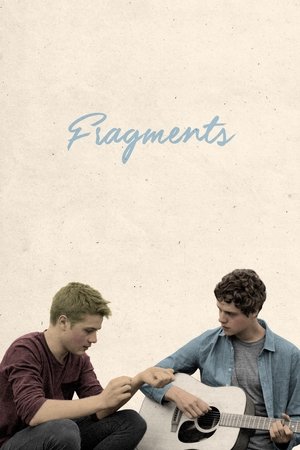 5.9
5.9Fragments(en)
Chloe, a straight talking film director, tries to convince her friend Sam to be an actor in her next short film. Just after finding out that he once again didn’t get into medical school, Sam meets Alex, a hypochondriac 18 year old. A love triangle forms in these self-reflexive, humoristic fragments filled with sex talk , set in New Orleans.
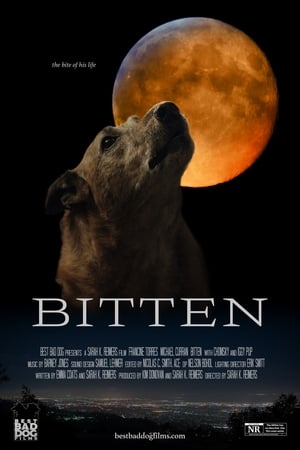 2.0
2.0Bitten(en)
A mysterious and violent encounter sends a dog on a night of adventure and possibility.
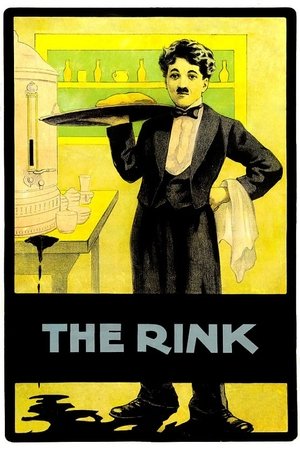 6.6
6.6The Rink(en)
After amusements working in a restaurant, a waiter uses his lunch break to go roller skating.
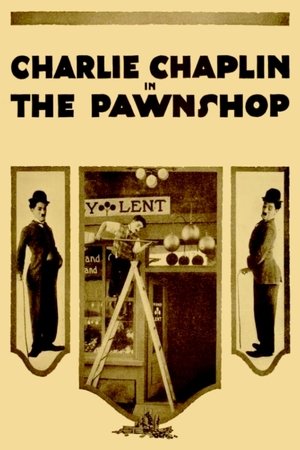 6.6
6.6The Pawnshop(en)
A pawnbroker's assistant deals with his grumpy boss, his annoying co-worker and some eccentric customers as he flirts with the pawnbroker's daughter, until a perfidious crook with bad intentions arrives at the pawnshop.
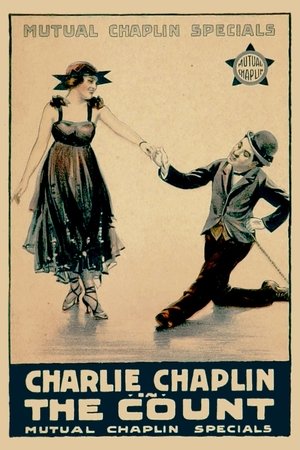 6.2
6.2The Count(en)
A tailor's apprentice burns Count Broko's clothes while ironing them and the tailor fires him. Later, the tailor discovers a note explaining that the count cannot attend a dance party, so he dresses as such to take his place; but the apprentice has also gone to the mansion where the party is celebrated and bumps into the tailor in disguise…
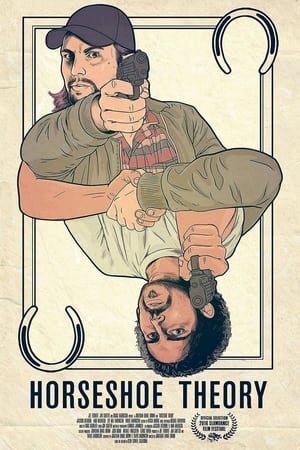 5.0
5.0Horseshoe Theory(en)
A weapons deal between a white supremacist and a member of the Islamic State blossoms into more.
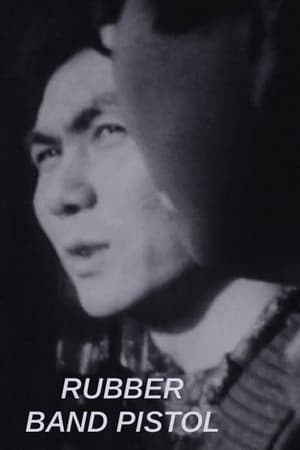 4.8
4.8Rubber Band Pistol(ja)
Jūzō Itami's debut short film, concerning a group of unique young people in the high economic growth period who are into games with rubber band pistols.
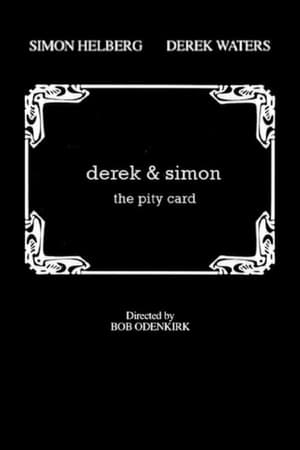 4.0
4.0The Pity Card(en)
Is The Best Place For A First Date Really The Holocaust Museum
 6.7
6.7Workers Leaving the Lumière Factory(fr)
Working men and women leave through the main gate of the Lumière factory in Lyon, France. Filmed on 22 March 1895, it is often referred to as the first real motion picture ever made, although Louis Le Prince's 1888 Roundhay Garden Scene pre-dated it by seven years. Three separate versions of this film exist, which differ from one another in numerous ways. The first version features a carriage drawn by one horse, while in the second version the carriage is drawn by two horses, and there is no carriage at all in the third version. The clothing style is also different between the three versions, demonstrating the different seasons in which each was filmed. This film was made in the 35 mm format with an aspect ratio of 1.33:1, and at a speed of 16 frames per second. At that rate, the 17 meters of film length provided a duration of 46 seconds, holding a total of 800 frames.
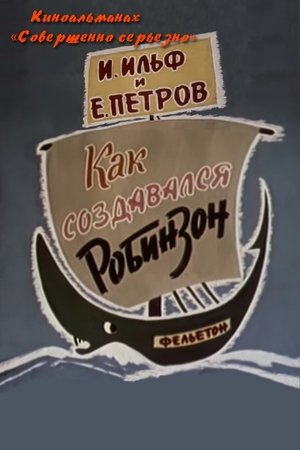 8.0
8.0How Robinson Was Created(ru)
The film is based on the feuilleton of the same name by I. Ilf and E. Petrov. A writer named Moldovantsev delivers a thrilling Soviet‐style Robinson Crusoe adventure on deadline, only to have his editor insist on adding a local party chairman, freed ex‐members, an activist collector, a housing committee and even a meeting table, bell and ledger washed ashore. Reluctantly he complies, so far that he jettisons Robinson himself as an unjustified weakling, transforming his novel into an absurd manifesto of bureaucratic excess.
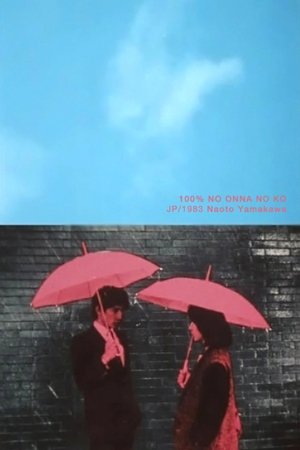 7.3
7.3A Girl, She Is 100%(ja)
A man ran into a woman on a street. She was not attractive, but was a perfect girl for him. After missing the chance to talk to her, he contemplates on how he should have approached her.
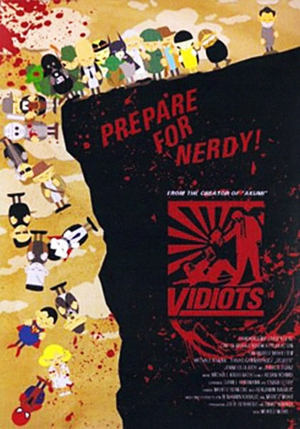 0.0
0.0Vidiots(en)
Ferdinand is trying to cope with the breakup with his girlfriend.
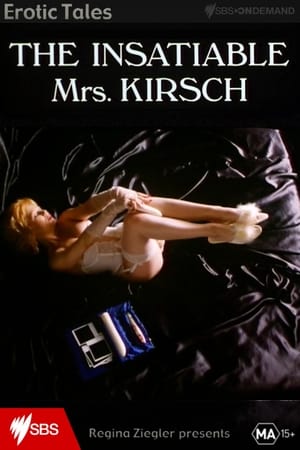 4.4
4.4The Insatiable Mrs. Kirsch(en)
A writer taking a rest in a country hotel is obsessed with a strange woman in the same hotel. The woman seems to observe him in provocative ways, but he does not dare to approach her. One day he follows her to her room and listens to strange “erotic” sounds from inside, and begins to have erotic thoughts.
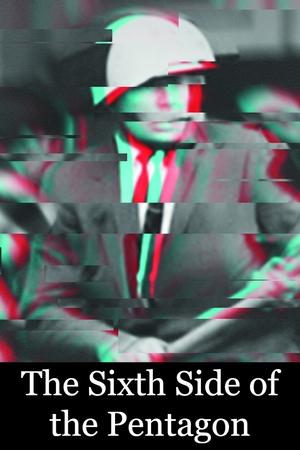 6.0
6.0The Sixth Side of the Pentagon(fr)
On October 21, 1967, over 100,000 protestors gathered in Washington, D.C., for the Mobilization to End the War in Vietnam. It was the largest protest gathering yet, and it brought together a wide cross-section of liberals, radicals, hippies, and Yippies. Che Guevara had been killed in Bolivia only two weeks previously, and, for many, it was the transition from simply marching against the war, to taking direct action to try to stop the 'American war machine.' Norman Mailer wrote about the events in Armies of the Night. French filmmaker Chris Marker, leading a team of filmmakers, was also there.
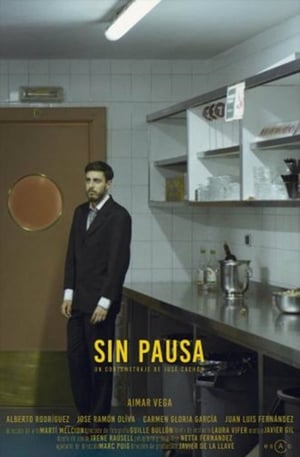 3.0
3.0Non-Stop(es)
Saying no to a job is never easy, especially if your family and the company's boss show more excitement than you. Pedro faces his first job as a wedding and events disc jockey at the Sin Pausa (Non-Stop) company.
 8.2
8.2Night and Fog(fr)
Filmmaker Alain Resnais documents the atrocities behind the walls of Hitler's concentration camps.

